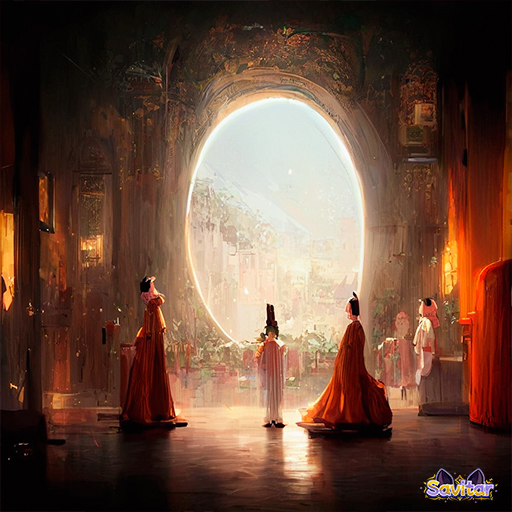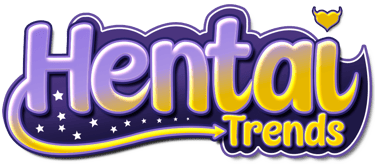🔥Access +100 Characters NSFW Hardcore for just $9.99 Monthly 😈
Jason Allen: The AI Art Dilemma of Winning Without Copyright
Discover the controversy behind Jason Allen’s AI-generated artwork that won a major contest but faces copyright issues. Can AI creations ever be truly protected? Dive into the debate on art, copyright, and innovation.
NEWS
Savitar
10/4/20243 min read


In a world where AI can spit out art faster than you can make a sandwich, artist Jason Allen found himself at the center of controversy when he won a digital art contest using AI-generated work. But the victory quickly soured—turns out copyright law doesn’t recognize AI as an “author,” leaving Allen without any legal protection for his piece. Now, anyone can use his work without giving him credit or compensation.
Why Even Use AI for Art?
Let’s be real—AI art is a game-changer. It’s fast, accessible, and can generate unique images with just a few prompts. Imagine having an entire art department at your fingertips without the budget constraints or lengthy timelines. For artists, AI can be a great tool for experimenting, getting inspiration, or even producing final pieces without the traditional struggle of hand-painting every stroke. So, yes, we’re pro-AI here at Little Hentai; it’s innovation at its finest.
For creators like Allen, AI offers a revolutionary way to explore new styles, reach wider audiences, and frankly, make art more fun. It’s like unlocking a cheat code for creativity, and we’re all for it… except when it comes to the legal side of things.
The Copyright Crisis: When the Law Doesn’t Get Tech
Here’s the kicker: current copyright law doesn’t see AI as a legitimate creator. Copyright is rooted in human creativity, meaning if a machine does the heavy lifting, the work apparently has no owner. To the law, it’s not “real” art, even if it won a contest and beat human artists. It’s an ironic slap in the face for people who use AI to express themselves artistically. Allen tried arguing that his input—prompt crafting, editing, and tweaks—made him the author. The response? A big, fat “Nope.” Without human authorship, there’s no protection, and his work is fair game for anyone who wants to steal it.
So, the result? An artist who once defended AI’s place in the art world now finds his “masterpiece” everywhere, used without his permission. Talk about biting the hand that generates your art!
The Hypocrisy of Copyright in the AI Age
What’s maddening about this whole situation is that copyright law, meant to protect creators, now excludes one of the most innovative artistic tools we have. Allen’s case shows just how outdated our laws are. Shouldn’t the effort of prompting, refining, and tweaking count as creative input? After all, AI doesn’t generate art on its own; it needs human guidance. But until laws adapt, AI artists are stuck in limbo—able to make incredible art but unable to truly own it.
Allen’s experience exposes a double standard: the creative world demands innovation but slaps down those who embrace it. Meanwhile, traditional artists claim that AI is the “lazy” way out, while companies and collectors swoop in on free AI-generated art because it’s unprotected. Fair? Not even close.
So, What’s Next for AI Artists?
As more creators turn to AI, it’s clear that copyright laws will need a serious upgrade. The current system leaves artists vulnerable to theft, plagiarism, and exploitation, while the rest of the world reaps the benefits. So, is it time for lawmakers to wake up and see that art isn’t just about brushstrokes anymore? AI artists are still artists, and their work deserves the same respect and protection as traditional pieces.
Until then, artists like Allen are stuck fighting an uphill battle. His story serves as a cautionary tale for AI creators: you may win awards, but don’t expect the law to have your back. So, keep creating, keep pushing boundaries, but maybe don’t throw away that old sketchbook just yet—until copyright catches up, the only art you truly own might be the one you made the old-fashioned way.
Final Thoughts: We’re pro-AI and pro-innovation, but this copyright limbo is holding back an entire generation of creators. Will the laws ever catch up? Here’s hoping.


